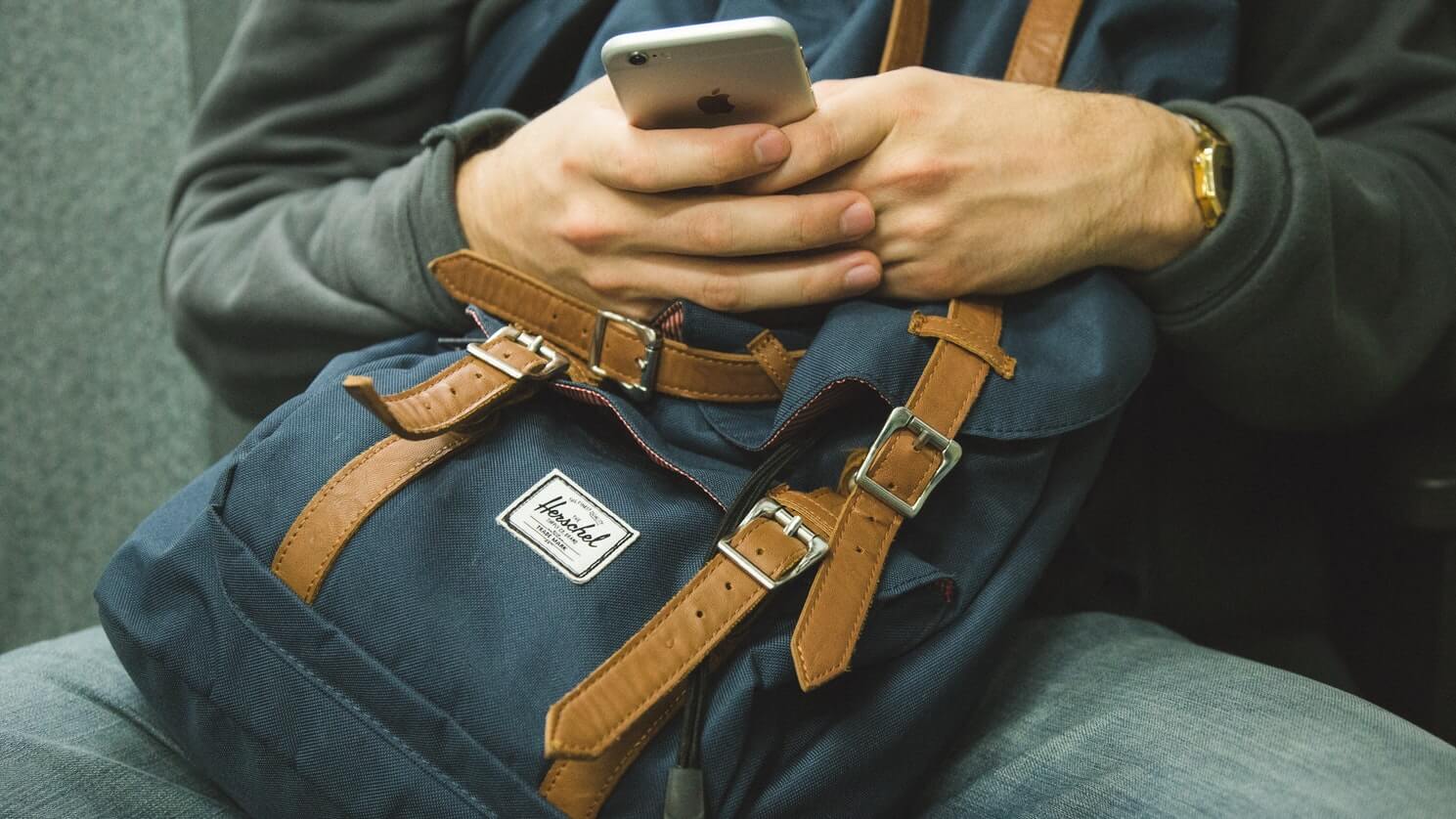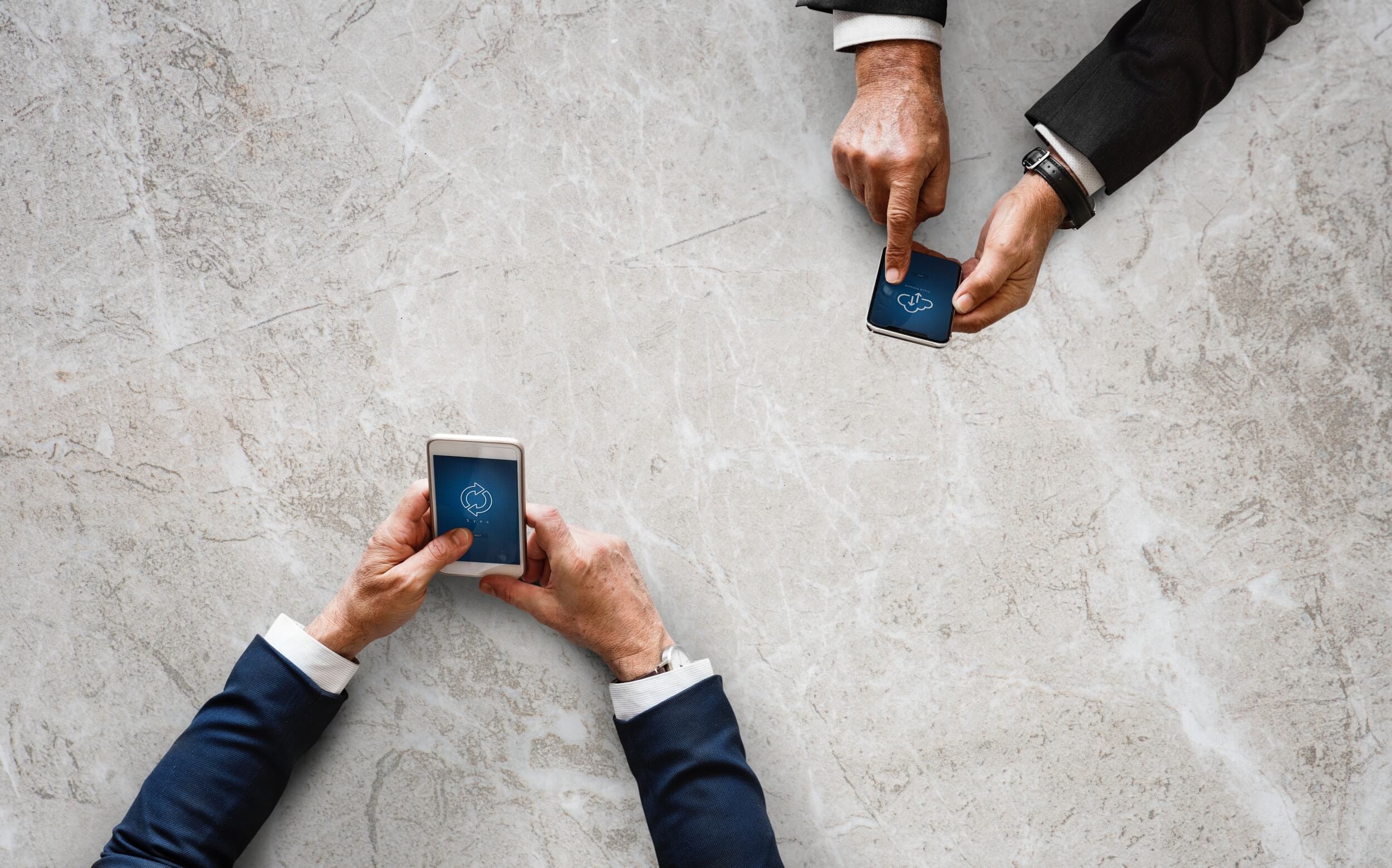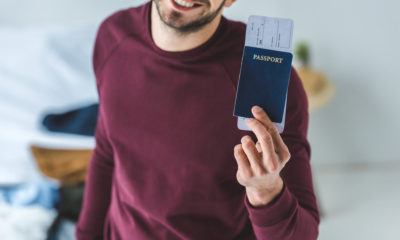Business
If you lose your phone while traveling, here’s what to do
According to an insurance firm, over 29 million phones are lost each year. Here’s how you can avoid losing your smartphone while traveling.

On a recent trip to London, Logan Abbott’s phone disappeared. Although he’s one of the thousands of travelers whose gadgets go missing on the road, his story is remarkable.
That’s because Abbott is the CEO of Wirefly.com, a company that helps consumers select a cellphone calling plan—an industry insider. You’d think a sophisticated phone user such as him would know how to prevent a loss. But it turns out anyone can lose a phone, even Abbott. The trick is in the recovery.
More than 29 million phones vanish each year, according to Asurion, a company that insures smartphones, tablets and other electronics. Only 50 percent of people back up the data on their devices, and 28 percent of users said if they lost their gadget they would never be able to recover the data on it, according to research from Kaspersky, a cybersecurity and antivirus company.
If you lose your phone when you travel, you can take quick steps to recover it. And if you fail, you can at least restore your data and find a new device quickly.
Abbott’s recovery plan was simple but effective. “I went to the Apple Store and bought a new iPhone,” he says. “Because I do daily backups to iCloud and my laptop, I was able to get back up and running with all my data without skipping a beat.”
His advice? Remember to do a daily backup of your data.
“It’s also critical that you have a passcode on your phone so that whoever finds it can’t access the data on your phone,” he adds.
What to do if you lose your phone when you travel
If your phone’s gone, you’ll want to go through the painful process of remotely wiping and bricking it. Call your mobile carrier as soon as you confirm your phone is lost so that they can disable the account. That way, you won’t be responsible for any data use or phone calls made after the loss.
Replacing the phone is pretty straightforward. Just visit the nearest phone store, buy a replacement, get a new SIM card—a smart card inside the phone that identifies you—attach the phone and SIM to your account, and you’re back online. Mobile companies have different requirements. For example, AT&T requires a number called the IMEI and the SIM card serial number to activate a new phone. T-Mobile needs the SIM card number.
“Data recovery is a different story,” says Andy Abramson, a frequent traveler who runs a Los Angeles communications agency.
Apple’s iOS backs up to iCloud all the time, but it’s not automatic. You have to set it up to perform the regular backup. If you’re on Google’s Android, everything is already backed up to the cloud, so you have to get online, and your contacts and data are synched. Abramson says it’s important to understand your phone’s backup mechanism before you travel, instead of trying to figure it out it after you’ve lost your phone.

Both iOS and Android use the cloud to store data. Make sure you have this option ready so you can securely upload data while on-the-go. (Source)
How to not lose your phone when you travel
Keep your cell phone close. At home, you can leave it lying around, but on the road, one careless moment could lead to a permanent loss. One solution is a new product called a Murray Belt ($50), a belt worn around the upper body that allows you convenient access to your phone and other travel documents. “I wanted to develop a product that would provide a habitual location to keep my phone and put my mind at ease while I’m on the road,” Murray Belt inventor Margaret Murray Bloom says.
Another storage idea: The PortaPocket WaistBelt & Pocket Kit ($26.95), a belt with interchangeable modules for storing your valuables.
If your phone goes missing, don’t panic, says Lysa Myers, a security researcher at ESET, an antivirus software company. Your first step should always be to “text or call your phone,” she advises. “That way, if it’s not really lost but just stuck in the couch cushions or something, you can locate it quickly.”
What else to pack
There’s one foolproof way to avoid the panic that happens after you lose your phone when you travel.
“Carry a spare phone,” says Andrea Woroch, a consumer expert. “This way, you don’t get into a sticky situation should you lose your current phone, it gets stolen or even damaged by falling in the pool or ocean.”
That’s what I do. My kids inherited my old Pixel phone, and if I lose my phone, I’ll borrow theirs. The children may not be happy, but at least we’re still connected.
How to find your phone
- Activate “find my phone”: On Android, you can go to the Find My Device page to retrieve the last known location of your device, but you have to activate the feature. Apple’s Find My iPhone feature works similarly. Here’s how to set up the service for your phone.
- Use a tracker: One of the most popular trackers, Tile, works by connecting to your phone. But the device also has the reverse ability to find your phone. Simply double-press your Tile to make your phone ring—even if it’s on silent mode.
- Try lost and found: It’s not your father’s lost-and-found department. Companies such as Crowdfind are using sophisticated technology to catalog found items and help track down owners. Airports such as Salt Lake City use Crowdfind to allow airport patrons to search the inventory at any time. You can verify ownership by giving a password to the device.
—
DISCLAIMER: This article expresses my own ideas and opinions. Any information I have shared are from sources that I believe to be reliable and accurate. I did not receive any financial compensation for writing this post, nor do I own any shares in any company I’ve mentioned. I encourage any reader to do their own diligent research first before making any investment decisions.

-

 Biotech1 week ago
Biotech1 week agoNew Molecular Clues Explain Aggressive Neuroblastoma and Point to Targeted Treatments
-

 Fintech6 days ago
Fintech6 days agoSwissHacks 2026 to Launch Inaugural Swiss FinTech Week in Zurich
-

 Impact Investing2 weeks ago
Impact Investing2 weeks agoClimate Losses Drive New Risk Training in Agriculture Led by Cineas and Asnacodi Italia
-

 Cannabis1 day ago
Cannabis1 day agoColombia Moves to Finalize Medicinal Cannabis Regulations by March


























You must be logged in to post a comment Login